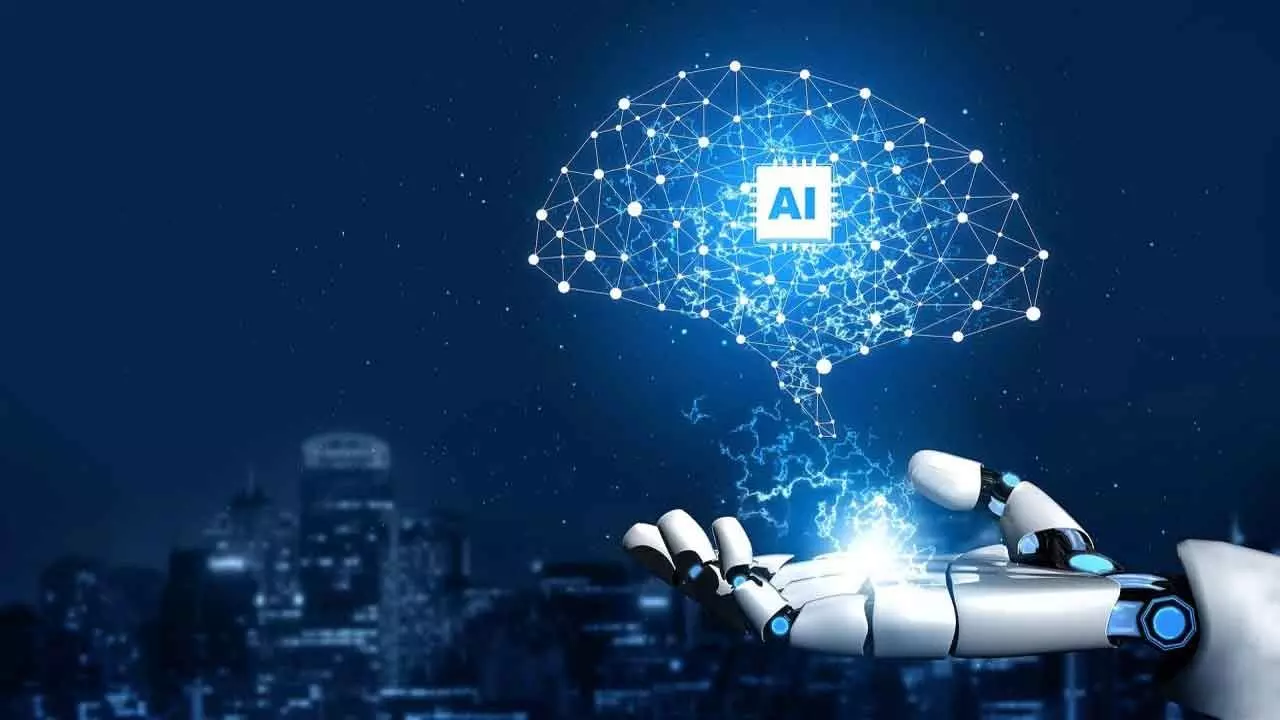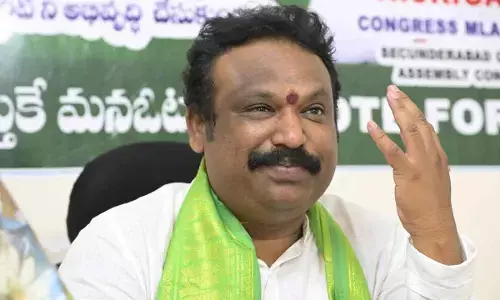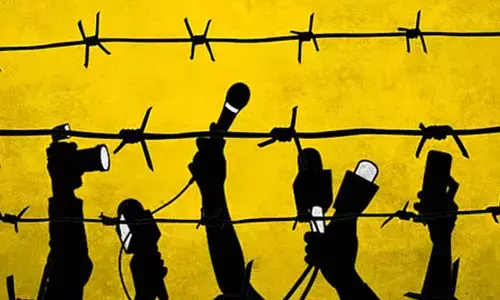Will AI Evolve as a Saviour or Frankenstein?

The city of Hyderabad is set to host its first Global AI (Artificial Intelligence) Summit on September 5-6 at HICC. A key focus of the summit will be deliberations by industry leaders, thought leaders and policy makers on the dual facets of AI - its benefits and its potential risks. It will also spotlight ethical implications and governance of AI technologies.
As per NITI Aayog, AI has the potential to add $1 trillion to the Indian economy by 2035. In March 2024, the Union Cabinet approved an allocation of over Rs 10,300 crore over the next five years towards the India AI Mission to bolster the country’s global leadership in AI and foster technological self-reliance.
Total exports from IT sector in Telangana, almost Hyderabad, saw 11.28% growth in 2023-24 to touch Rs 2.7 lakh crore. The headcount is said to be around 9.5 lakh in the sector. A beaming IT Minister D Sridhar Babu said the government would henceforth build the state’s strengths in new technologies like quantum computing and semiconductors, and pitch for greater investments in tech industry. How the state demonstrates its potential and capabilities at the Summit will be crucial in having a large pie of the new technologies market globally.
There are varied applications of AI for agriculture, remote monitoring, power generation and supply, judiciary, defence and tele-health services. In short, no sector will fall outside of AI purview in due course. The transformative power of the AI can be imagined in classrooms: Mahatma Gandhi himself virtually appearing to describe his experiences during the Non-Cooperation Movement, Salt Satyagraha and Quit India Movement etc. Amidst this scenario, one should laud the Central government for rolling out Digital India Bhashini app that uses AI to create a ‘voice-based Internet’, also enabling citizens to access digital services in their native languages.
One major fallout of AI’s wide use is its adverse impact on workers across all skill levels – low, semi and high. The threat of losing jobs to AI is real – and unavoidable. And, hence, the critical importance of right skilling the workforce and the students to harness the potential of AI.
Another disturbing aspect is a grave threat to safety of consumers online from the cyber criminals armed with the disruptive power of AI. Already, ‘Deepfakes’ and ‘voice cloning’ are manipulating audios and/or videos. Governments and businesses must wake up to this impending threat.
On the regulation front, the European Parliament passed the Artificial Intelligence Act in March 2024, specifying how it must be used for high-risk systems, such as those used for biometric identification or in education, health and law enforcement. Companies will have to meet strict requirements before launching their products in the market, while informing users they have the option to opt out. Currently, India has no codified laws, statutory rules or regulations that regulate AI, except the Information Technology Act 2000, and the rules and regulations framed thereunder. The government can emulate the EU in this regard.
Nearly a decade ago, the world-renowned physicist Stephen Hawking, in an interview to the BBC, had said, “The development of full artificial intelligence could spell the end of the human race… It would take off on its own, and re-design itself at an ever increasing rate.
Humans, who are limited by slow biological evolution, couldn’t compete, and would be superseded.” It is up to us to do everything possible to ensure the grim prediction does not come to fruition.











